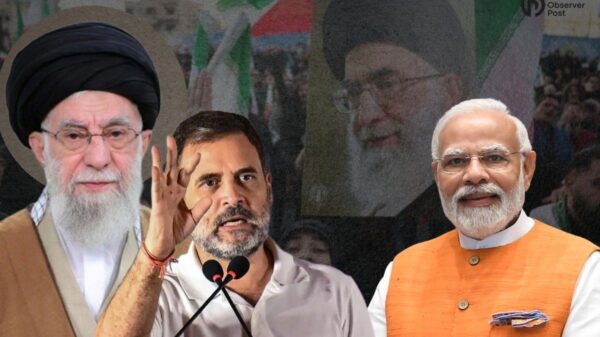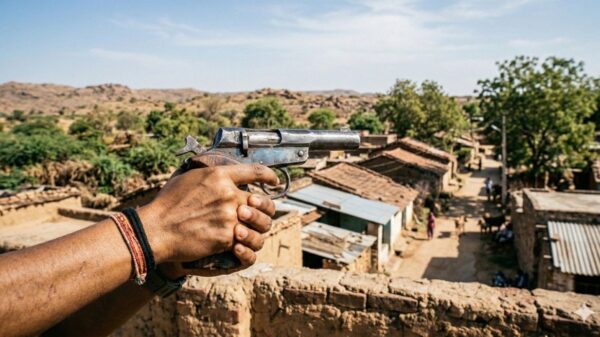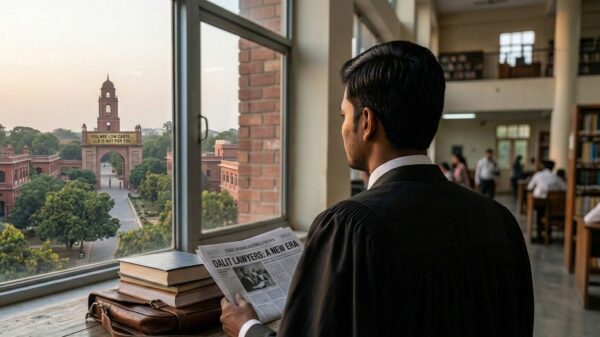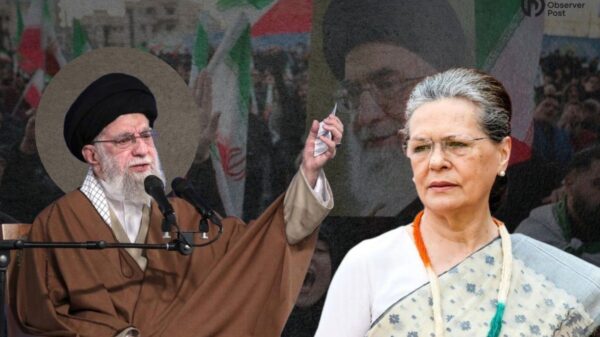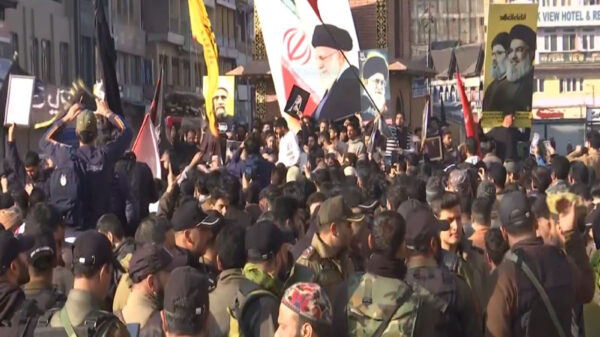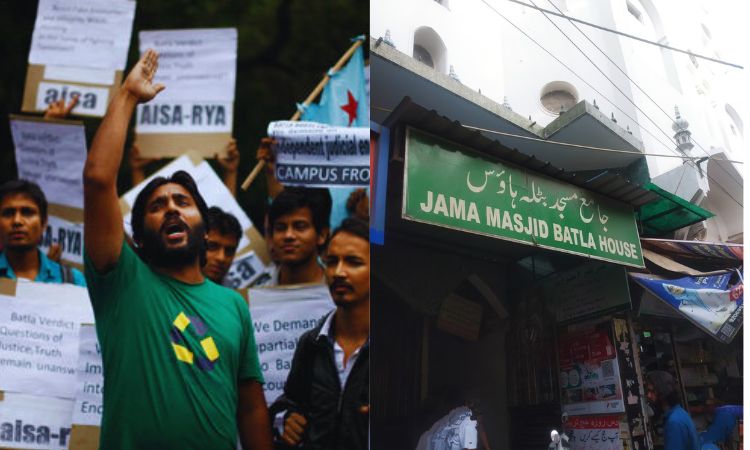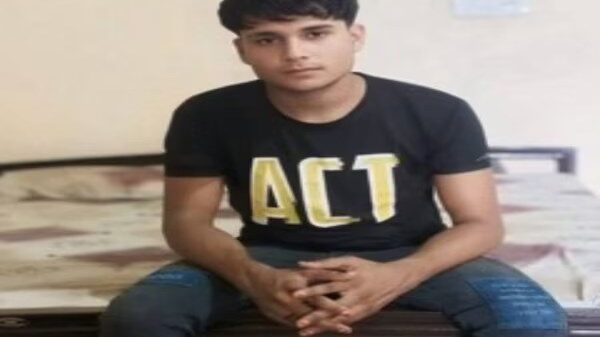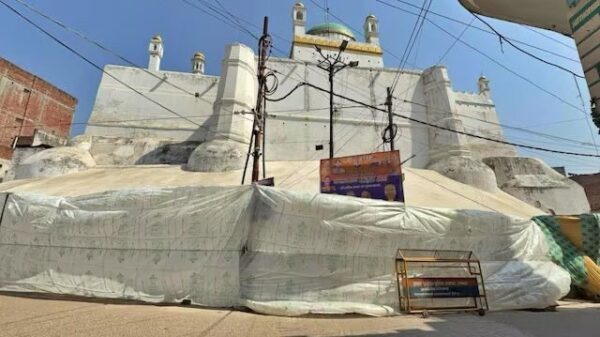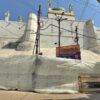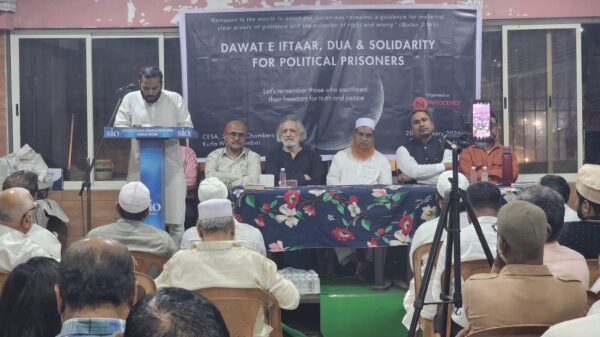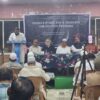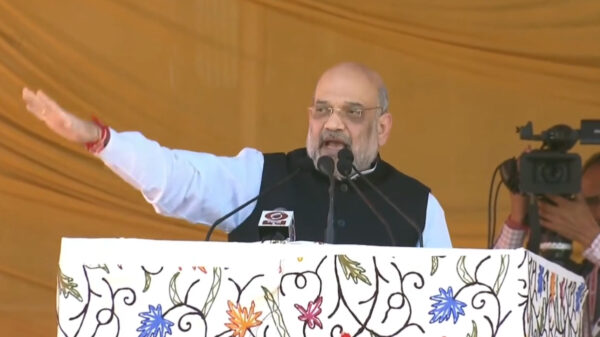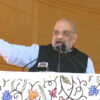September 19, 2024, marked the 16th anniversary of the Batla House Encounter, an event that shook India’s capital, Delhi, and raised serious questions about the role of the police in India.
Sixteen years later, the incident still evokes emotions in the general public, leaving us with a number of unanswered questions: Was it a legitimate anti-terror operation, or a carefully staged act with political undertones?
The Day of Operation
On that fateful morning, a team from the Delhi Police’s Special Cell, led by Inspector Mohan Chand Sharma, raided a fourth-floor apartment in L-18, Batla House, a Muslim populated locality, in Jamia Nagar, Delhi.
The police claimed they had received a tip-off from the Gujarat Police regarding members of the Indian Mujahideen (IM), the militant group allegedly responsible for a series of bomb blasts in Delhi just days earlier.
The apartment, where the armed encounter took place, housed six young men, two of whom—Atif Ameen and Mohammed Sajid—were shot dead in the operation, while two others managed to escape. One occupant, Shahzad Ahmad, was later apprehended and sentenced to life imprisonment.
Inspector Sharma, who led the raid, sustained bullet injuries and later died from his wounds.
What Officials Say
Delhi Police maintain that the Batla House raid was a legitimate anti-terror operation, and the apartment’s occupants were members of the Indian Mujahideen, involved in planning and carrying out series of bomb blasts just a week prior, on September 13, 2008, which killed at least 30 people and injured over 100.
The Special Cell’s raid, officials argue, was based on intelligence sources. According to the police, Inspector Sharma was shot by the suspects as they attempted to flee.
Indian courts largely supported the police narrative. In 2013, Shahzad Ahmad was convicted by a Delhi court for the alleged killing of Inspector Sharma, which reinforced the police’s claim that the encounter was a lawful act of self-defense.
Contrary to the official version of events, human rights groups point to numerous inconsistencies, alleging that the encounter was staged.
Some even question how Inspector Sharma, despite wearing a bulletproof vest, could have suffered fatal injuries.
Additionally, there were claims that forensic evidence did not support the police’s version of events. These doubts fueled widespread protests, particularly from Muslims and civil society groups, who viewed the incident as a targeted-attack on the minority community.
In the aftermath, politicians such as Digvijaya Singh from the Congress party publicly labelled the encounter as fake.
Aftermath
The Batla House encounter attracted international attention, giving rise to broader discussions of marginalization, state-sponsored violence, and anti-Muslim discrimination in India.
For many, particularly within the Muslim community, the encounter intensified the distrust between law enforcement agencies and the minority community.
Protests erupted in several places across India, with students from Jamia Millia Islamia University at the forefront, demanding an independent judicial inquiry into the encounter.
Despite these calls, successive governments dismissed the demands, supporting the police’s version of events.
In 2019, the Delhi High Court upheld the life sentence of Shahzad Ahmad, one of the suspects convicted of murdering Inspector Sharma. Meanwhile, several petitions seeking fresh investigations or independent probes into the encounter were either dismissed or unsuccessful.
The Batla House case is not an isolated incident but part of a broader debate surrounding counter-terrorism operations in India. After 9/11, Indian security forces, much like their global counterparts, faced intensified pressure to combat terrorism. The intensity of these efforts, especially following the 2008 Mumbai attacks, has often led to accusations of excessive force and human rights violations.
For police forces responsible for dismantling terror cells, swift and often lethal action may seem necessary. However, critics argue that such operations, when conducted in secrecy and without transparency, can lead to abuses of power and erode public trust.
16 Years On – Claims Still Unresolved?
Sixteen years after the incident, the Batla House encounter remains a contentious chapter in India’s fight against terrorism. For many in the Muslim community, it symbolizes a broader pattern of state violence and targeted killings of Muslims in India.
Many view the young individuals killed in the operation not as terrorists, but as victims of a staged encounter orchestrated for political gain. The absence of an independent inquiry only strengthens these beliefs.
Conversely, law enforcement agencies contend that the encounter was a necessary action to ensure national security. For them, questioning the operation’s integrity undermines the sacrifices made by officers like Inspector Sharma, who lost his life in the line of duty.
In the years since, the memory of the Batla House encounter has also been kept alive through Bollywood, with the 2019 film Batla House, starring John Abraham, which depicted the encounter from the police’s perspective.
Now, many years later, the Batla House encounter remains unresolved in the public consciousness—a reminder of the deep fissures in Indian society and the ever-eroding trust between the state and minorities.






